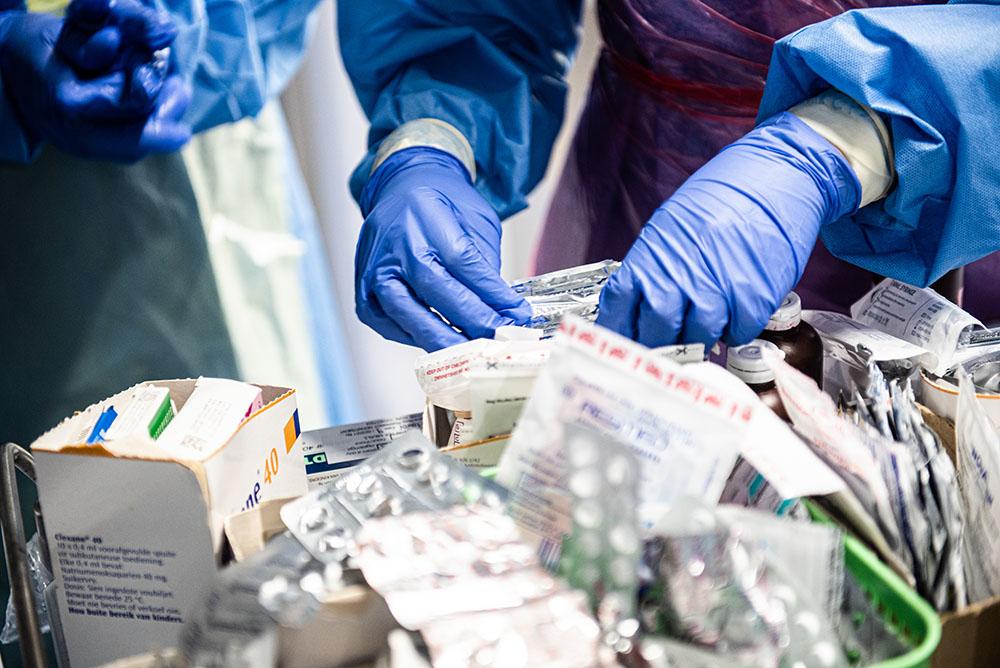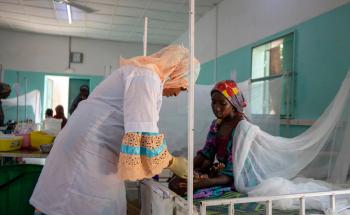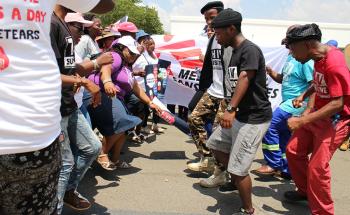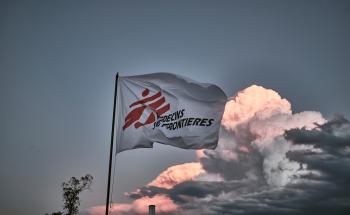Compromise neglects COVID-19 treatments and diagnostics, and fails to address intellectual property barriers beyond patents, but there’s still time to get it right
The European Union, India, South Africa and the United States are working on a possible compromise to address intellectual property (IP) barriers on COVID-19 medical products. Doctors Without Borders (MSF) acknowledges the efforts towards a final resolution but notes that the text that was leaked today is far from being an IP “waiver” for pandemic medical tools.
MSF urges all World Trade Organization (WTO) members to be aware of the limitations of the leaked text. WTO members should work together to ensure that any agreement tackles the current barriers to accessing all COVID-19 medical tools, including treatments and diagnostics, and also addresses patents and non-patent barriers in an effective way.
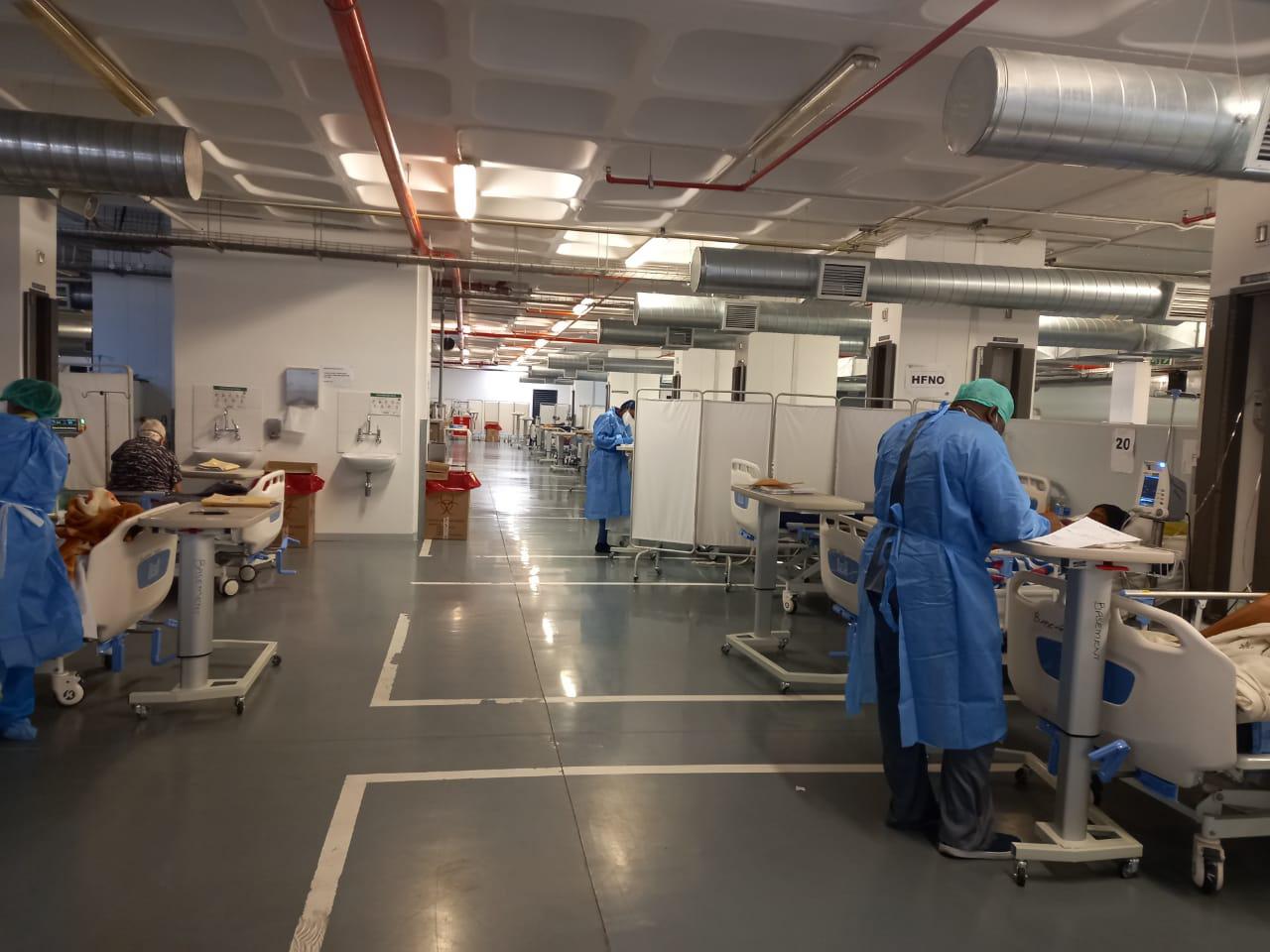
According to MSF’s initial analysis, key limitations of the leaked text include that it covers only vaccines, is geographically limited, and covers only patents and does not address other intellectual property barriers, such as trade secrets, which may cover critical information needed to facilitate manufacturing. Regarding compulsory licensing for patents on COVID-19 vaccines, the leaked text introduces unnecessary reporting requirements for WTO members that could undermine the effectiveness of the mechanism.
The leaked text appears to leave the door open for possible inclusion of treatments and diagnostics at a later stage. But delaying the decision on treatments is unacceptable, as many people will have no access to generic antivirals and countries are paying high prices for access to lifesaving treatments like baricitinib due to patent monopolies that block more affordable generic versions.
The leaked text also fails to cover all countries. It limits “eligible members” to developing countries and only those who exported less than 10 per cent of the world’s COVID-19 vaccine exports in 2021, effectively excluding Brazil and China from being able to use the “waiver”.
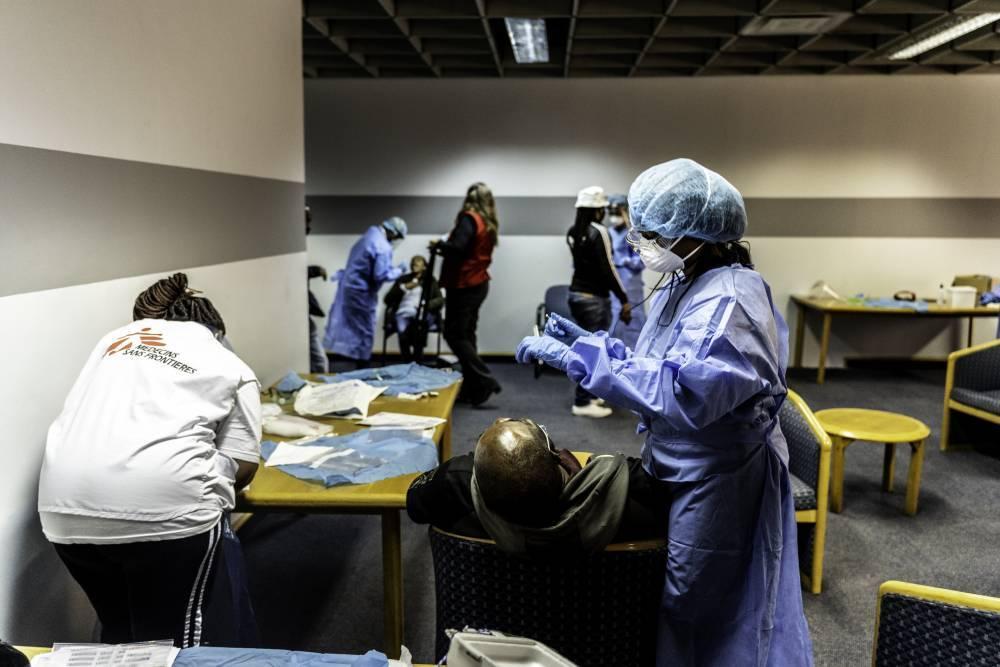
The proposed compromise would require authorisation by governments on a product-by-product basis, which was one of the shortcomings of the existing mechanism in a pandemic context and makes its use very cumbersome. There is also a new obligation to identify all patents covered by the authorisation, something not required today under WTO trade rules.
MSF points again to our position underlining the necessary scope and duration of an effective TRIPS waiver for COVID-19.
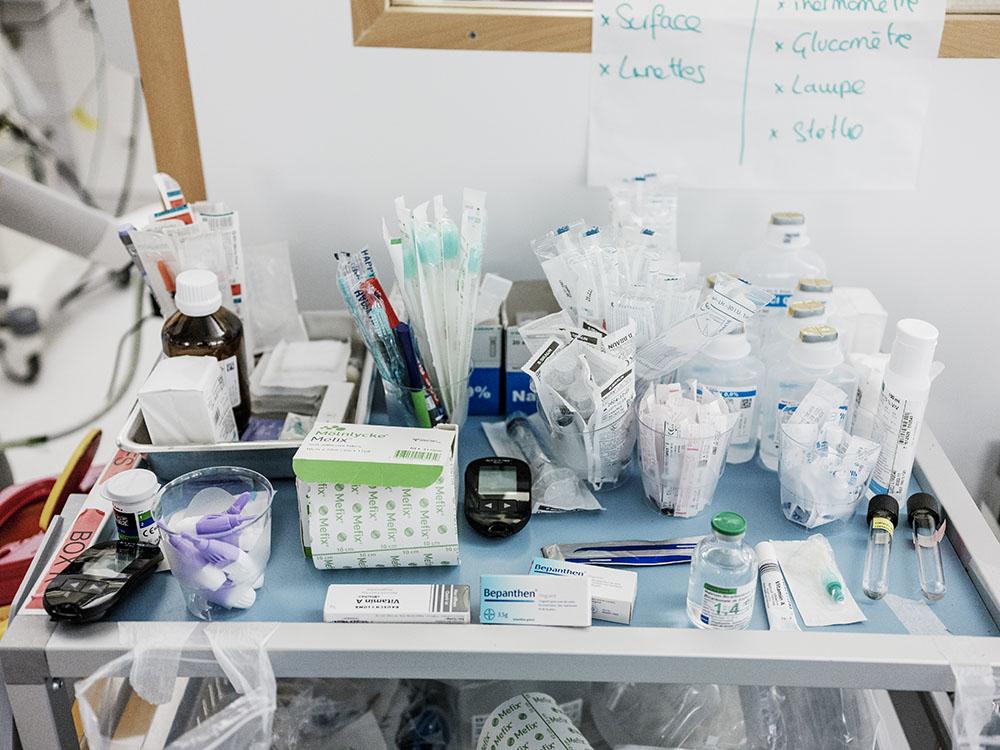
“While it is good to see the groundwork for a potential compromise on addressing COVID-19 intellectual property barriers, all WTO members should remain vigilant to the fact that this leaked text contains considerable limitations, and needs to be urgently improved.
It is incredibly concerning that the leaked text currently only covers vaccines, but neither treatments nor diagnostics. Excluding treatments and diagnostics is a critical weakness, especially as access to COVID-19 treatments remains a significant problem in many low- and middle-income countries, particularly in Latin America, in part because of patent barriers and restrictive licensing deals controlled by pharmaceutical corporations. Excluding countries with significant manufacturing and supply capacity like Brazil is highly problematic as it arbitrarily blocks potential critical avenues to increase access to COVID-19 medical tools for low- and middle-income countries.
The world needs effective solutions to the inequities in access for all COVID-19 medical tools witnessed in this pandemic. The good news is there is still room for governments to improve and make sure that any final agreement adequately addresses the remaining barriers now missing in the leaked text. We urge all WTO members to do so.”
